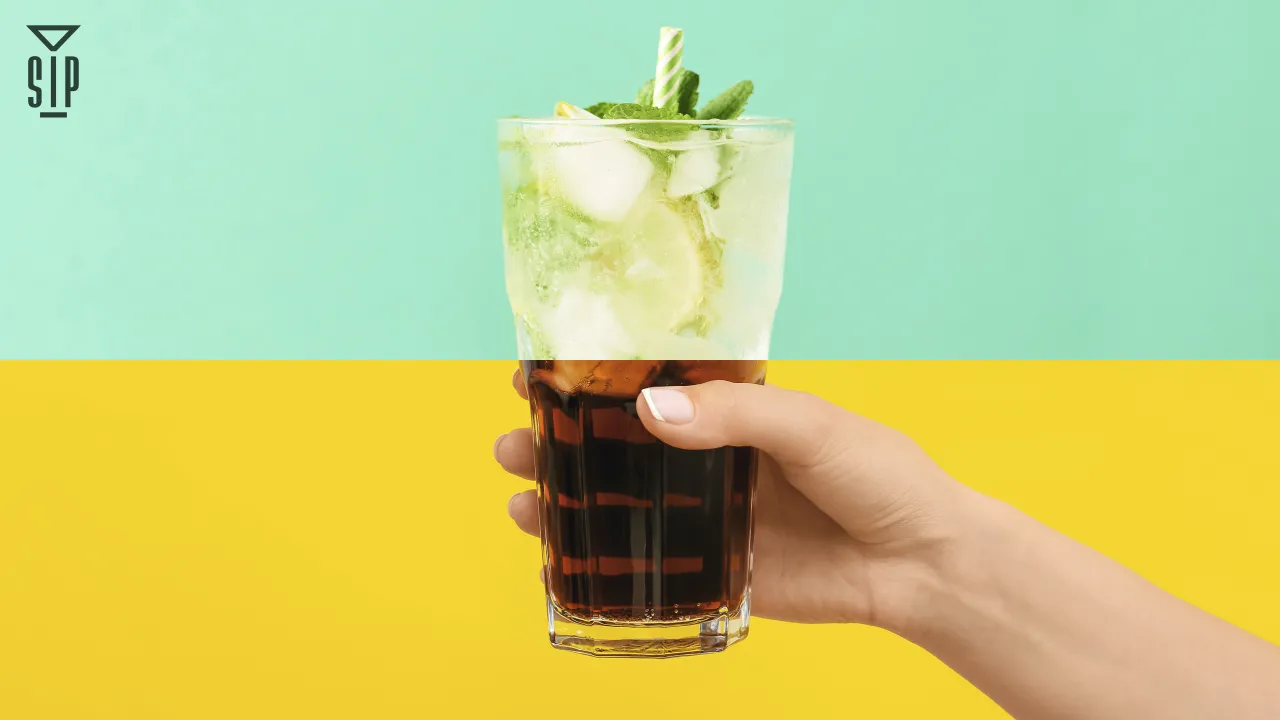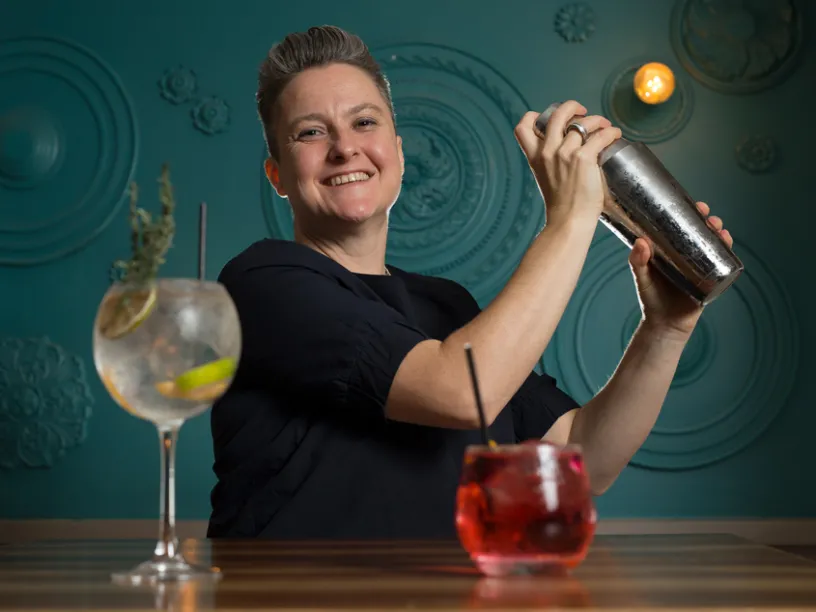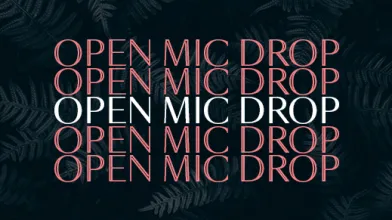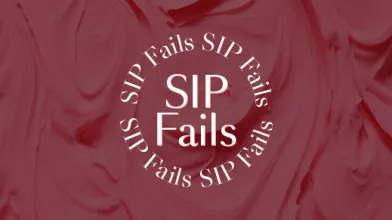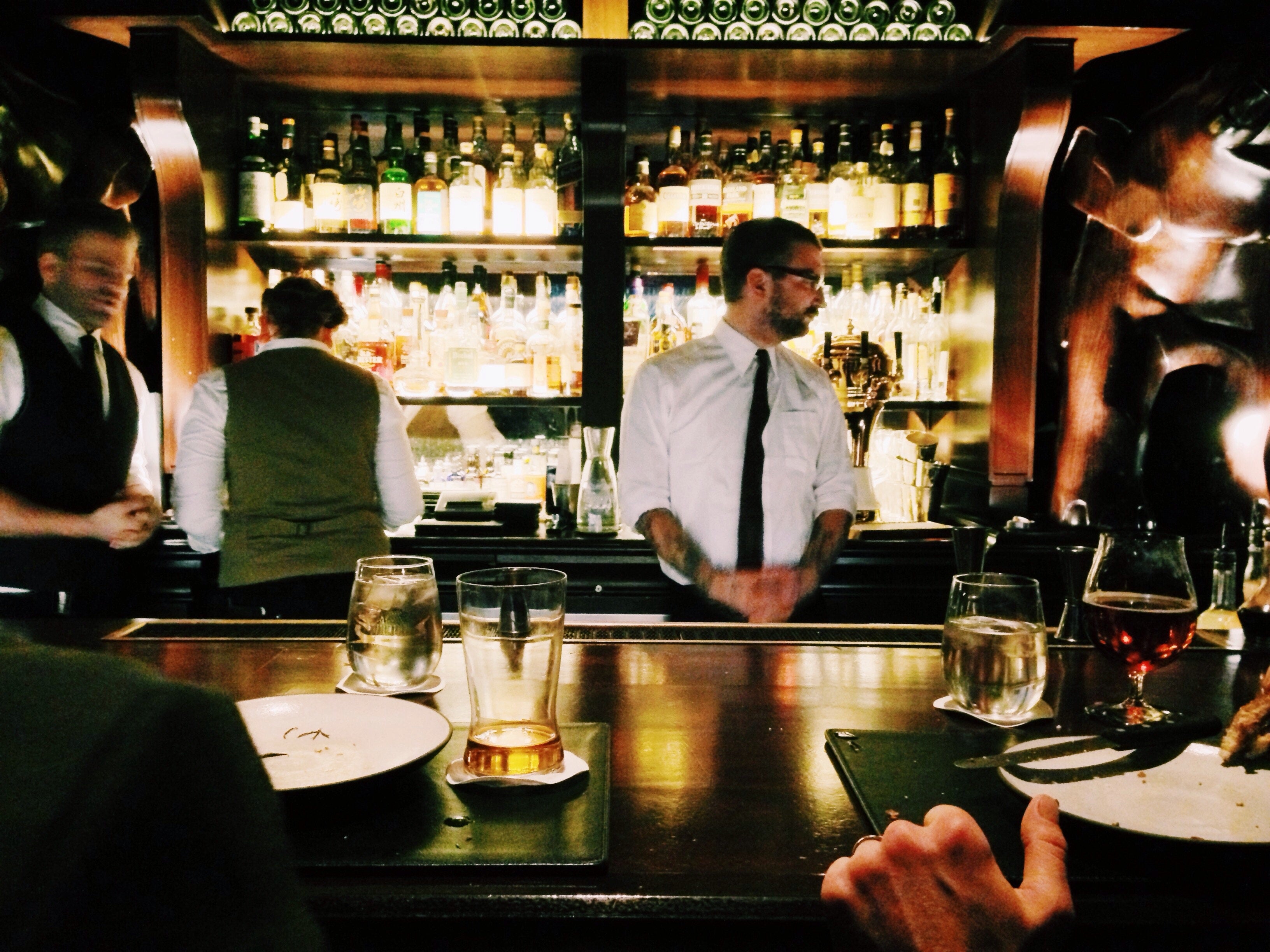Hi Laura! What is mindful drinking?
"Mindful drinking is about deciding when, where, how and who [with] you want to drink. For some people that might be about deciding to take an extended break because they’re worried about how much they’ve been drinking. For some people that might be going alcohol-free. Some people want to explore how to put tools in place to moderate their drinking."
Should I practise mindful drinking?
"In Club Soda we start from a position of: what is the life you want to lead and where does alcohol fit into that for you? Is it currently stopping you achieving your goals or being the person you want to be? And if so, how might you begin to think through what that relationship with alcohol will look like in the longer term."
Is it possible to change that relationship and stay in hospitality?
"When we first started Club Soda we realised that because the hospitality sector doesn’t have anywhere to send people to if they’re worried about their drinking, people were sending their staff to Alcoholics Anonymous. Of course, AA is abstinence only – and also would suggest you give up your job! We are not an anti-alcohol organisation.
"One of the staples of hospitality is alcohol but it doesn't have to become a problem. That's why we have teamed up with the Drinks Trust, because it's a really important part of understanding that it shouldn't be a prerequisite of hospitality that you drink alcohol all the time. In fact, it really helps you if you don't."
How important are no- or low-alcohol drinks?
"They’ve become a very important moderation tool. It's worth knowing that the majority of people who buy alcohol-free drinks are people who still drink – half of the UK population are looking to moderate their drinking. A strong “low and no” selection in any venue is good – not just for customers but for the staff."
And for business?
"Sure. Venues pay rent 24/7, and some of them are open from breakfast until 3am, so they need an offer that works on a Monday evening or lunchtime that you can still charge at a premium price with no damage to a top line. It's not about the strength of the drink in the glass, it’s about the quality of experience.
"I haven't drunk for 10 years but I have as much money as anyone else in the pub and if you give me a good product I will have as many drinks as anyone else – at the same price."
So bars are now convivial spaces for non-drinkers?
"Absolutely. Since we started talking to bars and pubs in 2016 the difference is massive. I went to a pub in Margate last week that has seven alcohol-free craft beers and made alcohol-free cocktails. People want to go to places that feel welcoming for everyone.
"And venues are an important point of discovery for the consumer and the more they put good alcohol-free drinks on show, the more it normalises asking for an alcohol-free drink."
What’s driving this movement?
"When I set up Club Soda, the number one reason people said they wanted to give up drinking was to lose weight. Now the number one reason is for mental health – that's across demographics. People want to be healthier, particularly young people – and a whole lot of the drinks industry is made up of people under the age of 25."
So the next generation will be alright?
"Yeah, that generation is really conscious of not leaving anyone out and that’s reflected in hospitality – younger staff are more interested in alcohol-free."
Thanks Laura, that’s it. We’re buying, so what are you having?
"A spritz, topped up with an alcohol-free wine and a little bit of soda. I’m also a kombucha fiend."
Editor's note Drinks industry professionals can find help to drink more mindfully, with in-depth learning, tools and community support, at clubsoda.me/drinkstrust.
